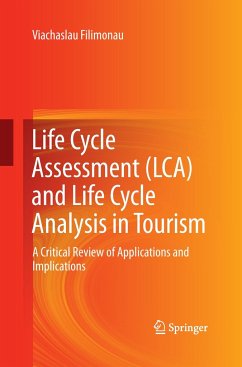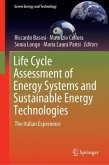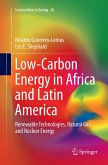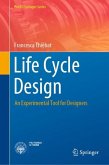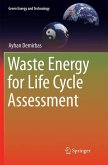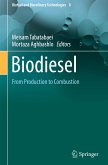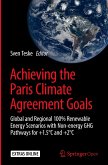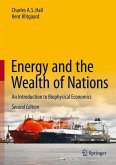Tourism is an activity that anyone can take part in, regardless of their age, gender, nationality or level of income. This makes tourism one of the most rapidly developing industries in the world. Despite the number of benefits which tourism produces, it also has significant negative impacts on the environment. To minimise the scope of these negative impacts, joint efforts combining tourism and environmental management are called for.
This book examines the application of the Life Cycle Assessment (LCA) method and lifecycle thinking as a tool to generate more accurate and holistic appraisals of the environmental impacts of tourism. Looking at the issue of sustainability of tourism operations, the book evaluates how it can be improved. It highlights the potential of LCA to affect tourist behaviour and contribute to tourism policy-making and managerial practice.
This book provides a valuable resource for undergraduates, postgraduates and researchers interested in sustainable tourism, sustainable development and environmental impact assessment.
This book examines the application of the Life Cycle Assessment (LCA) method and lifecycle thinking as a tool to generate more accurate and holistic appraisals of the environmental impacts of tourism. Looking at the issue of sustainability of tourism operations, the book evaluates how it can be improved. It highlights the potential of LCA to affect tourist behaviour and contribute to tourism policy-making and managerial practice.
This book provides a valuable resource for undergraduates, postgraduates and researchers interested in sustainable tourism, sustainable development and environmental impact assessment.

